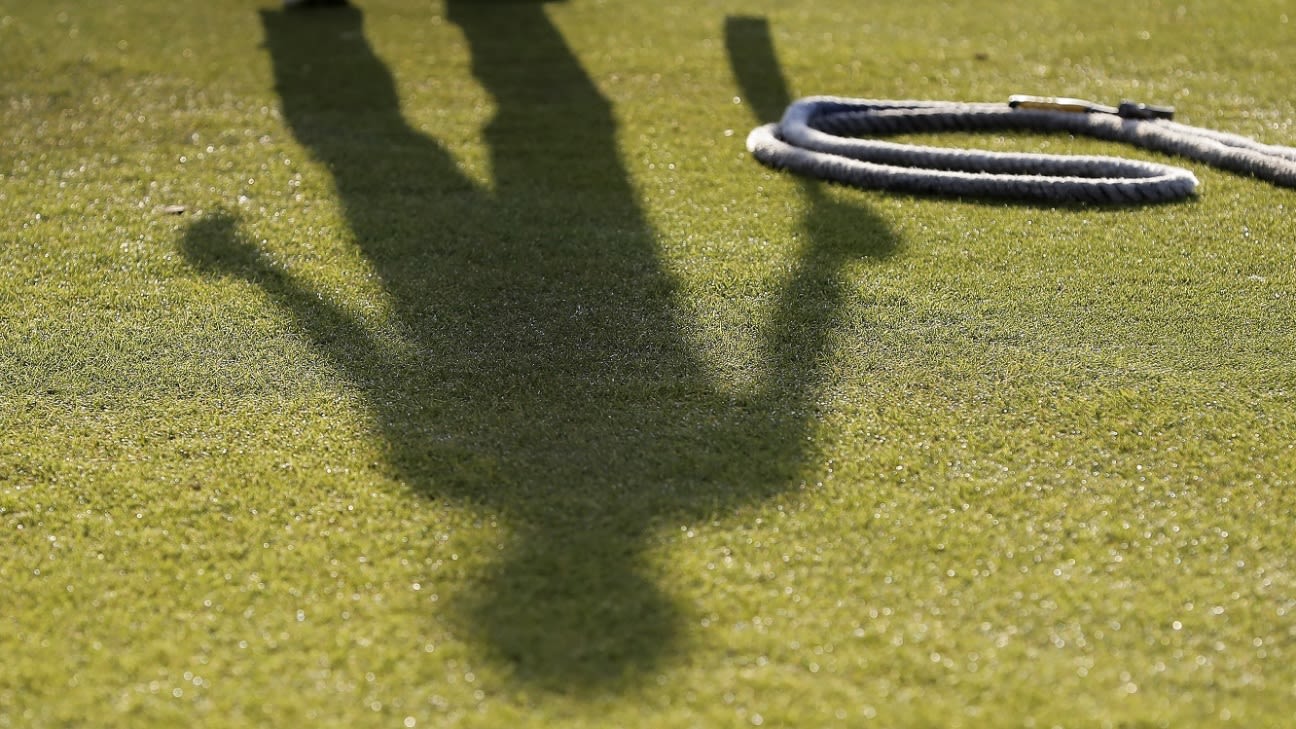She is the first cricketer to be sanctioned since the BCCI agreed to come under NADA
Madhya Pradesh women allrounder Anshula Rao has been suspended from cricket for four years, backdated to July 2020, for failing a dope test in March 2020. She is the first cricketer to be sanctioned since the BCCI agreed to come under the National Anti Doping Agency’s (NADA)’s ambit in 2019.
Rao, an under-23 cricketer who hasn’t yet played for MP’s senior team, is understood to have tested positive for 19-Norandrosterone, a performance-enhancing steroid that is “prohibited at all times” for athletes under the world anti-doping code. The Anti-Doping Disciplinary Panel (ADDP) heard Rao’s appeal last month and is understood to have found no evidence that she had taken the substance unwittingly.
Rao last played for MP in the women’s U-23 T20 trophy in 2019-20, and had consistently been part of their age-group teams. In her last match for the side, Rao had opened both the bowling and the batting. Rao had then tested positive in March, shortly before the scheduled tournament was cancelled due to the looming Covid-19 pandemic.
At the time, Rao had to seek financial assistance for a Sample B analysis to challenge her test results, owing to the costs of sending such a sample overseas during the pandemic. Following that, Rao made her case before the ADDP in May, and was among 23 athletes to be given a sanction order. ESPNcricinfo understands that the Madhya Pradesh Cricket Association (MPCA) will help her financially “to an extent” as she serves her ban period.
The BCCI had previously resisted coming under the NADA ambit and ran its own anti-doping tests. It was the only exception in the world of cricket – all other countries complied with their national anti-doping agencies, which in turn are affiliated with the World Anti Doping Agency (WADA). Among BCCI’s arguments had been that it was not a national federation, and that it had been a signatory to the ICC anti-doping code since 2011, which in turn was based on the WADA code, and therefore additional scrutiny was not necessary.
Following that, BCCI said that it had decided to come under NADA, after assurances from the sports ministry about the concerns it had raised.
Varun Shetty is a sub-editor at ESPNcricinfo
